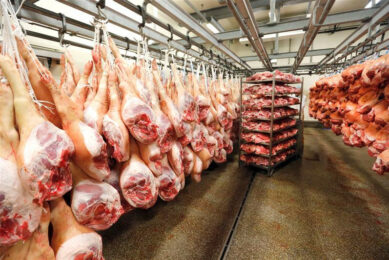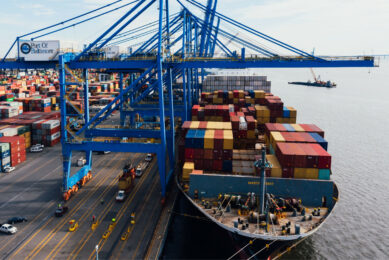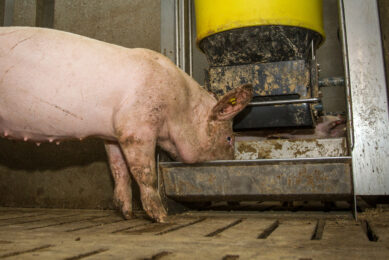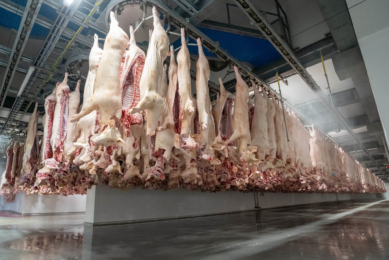Russia aims to be more self-sufficient with pig vaccines in 3-5 years
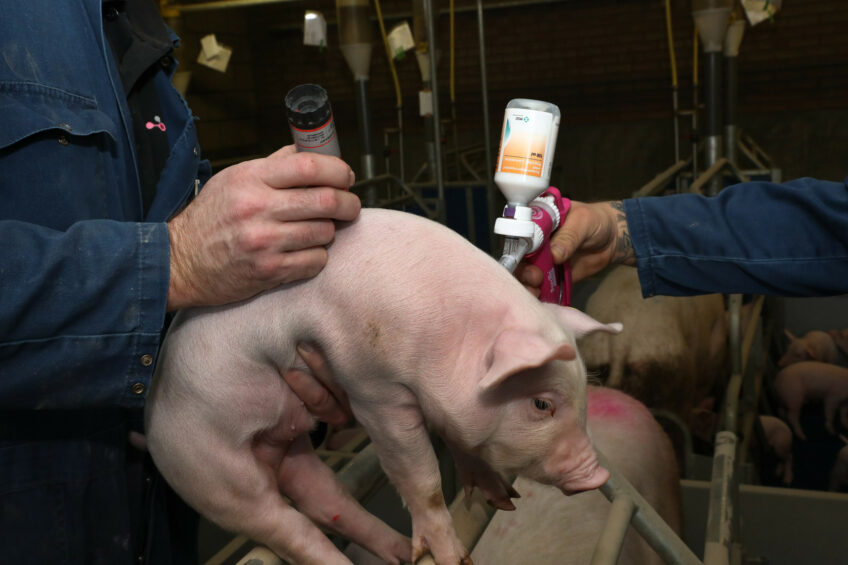
Russia is on track to become more self-sufficient with regard to pig vaccines. Sergey Kovalev, chairman of the Russian Union of Pork Producers (RUPP), shared this message, while speaking at the St Petersburg Economic Forum.
Kovalev emphasised that the task is to eliminate as much as possible what the Russian authorities consider “a critical dependence on foreign vaccines.” He added that there are no plans to completely abandon imports in that segment. Imports must be presumed to facilitate international communication, as veterinary science is a “high-tech area, which knows no borders,” Kovalev stated. Additionally, Kovalev noted that imports are a crucial element of market competition. Russian pig farmers voluntarily switch to locally manufactured vaccines, Kovalev said.
State programme sets new goals
A powerful impetus to the development of local vaccines was given by the government’s decision to adopt a separate federal programme for the import-replacement of veterinary drugs and vaccines, he stated. Back in 2023, the Russian government already allocated 3 billion roubles (€38 million) on the development of new veterinary vaccines in 2023, and took other steps aimed at improving the level of self-sufficiency in this field. A new programme, launched in March 2025, brought all the efforts together. The task is to reach self-sufficiency in veterinary drugs by at least 70% and in veterinary vaccines by 61% by 2030. In the long run, the Russian government expects 16 billion roubles (US$200 million) to be invested under the various programme initiatives to develop and promote new vaccines. The investments are expected to yield their 1st results in 2027, according to Alexey Mishustin, Russia’s prime minister.
Dependence on imports is dangerous
Russia fully meets its own demand for veterinary vaccines against the most dangerous animal diseases, but still imports around a third of vaccines, Dmitry Patrushev, Russia’s agricultural ministry, said. Russian government officials have repeatedly expressed concerns over the country’s tight dependence on imported vaccines, voicing worries that the lion’s share of imports in this segment comes from countries deemed unfriendly, primarily those in the European Union. The Russian veterinary watchdog Rosselhoznadzor said that dependence on imported pig vaccines was 53% in 2023. The leading suppliers were the Netherlands, France and the Czech Republic.



